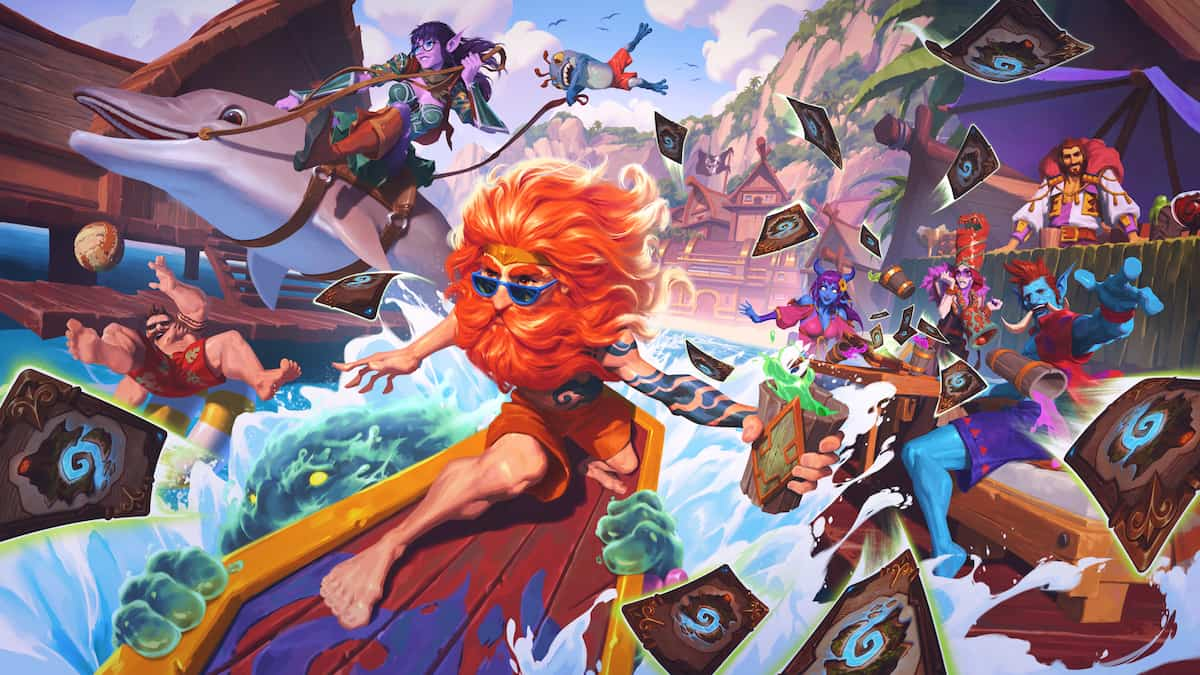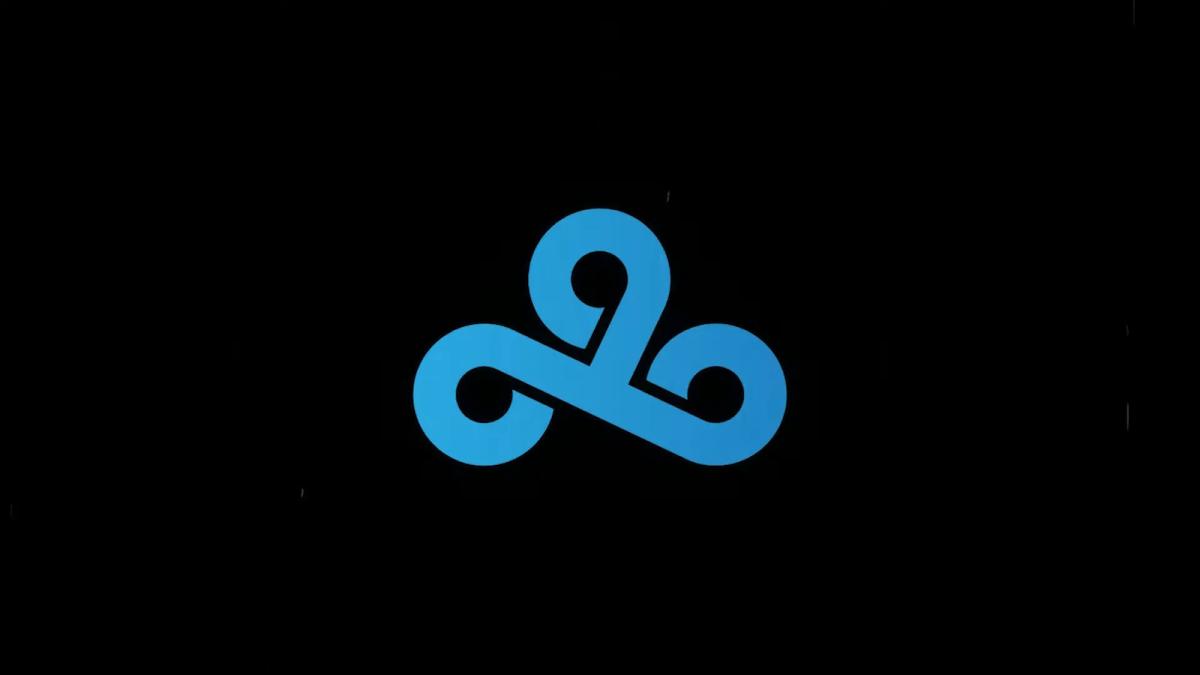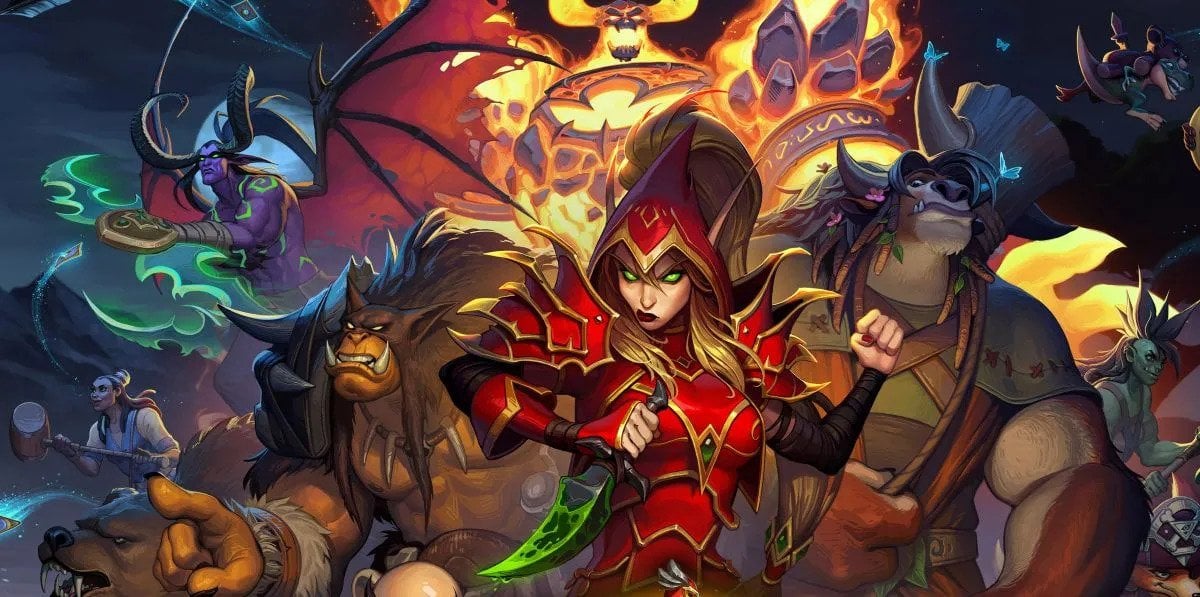Introduction
As the days go on and the meta continues to shift, Secret Paladin remains a constant. It is still one of the most popular and powerful decks in the game. That means you need to be ready for it when taking anything to the ladder. Not being able to beat Secret Paladin means you will have a very hard time climbing. In this guide, we will discuss the way that Aggro Shaman, with its quick burst and reliable finishers, takes on Uther, and why it is one of the best matchups around for Thrall.
Sample Decklists
Just because Aggro Shaman has “aggro” in the title, it doesn’t mean that you can only play a few cards. In fact, unlike decks like Face Hunter or Aggro Druid, you have a lot of options at your disposal. You can go with the super aggressive, charge-heavy version or you can with a much slower build that relies on more heavily on a strong curve. Each versions has its pros and its cons, but you just want to make sure to play the one your understand the most. To give you a better idea of the deck and to help you out with building the version that you want, a guide to the more aggressive has been linked below.
Mulligan Guide
When mulliganing with Aggro Shaman you want to look for two different openings. The first is the classic aggro shell, where you want to hard mulligan for one drops and then use those to build into a curve. Or you can try to keep a hand that is a little slower that has some really strong turn two and three punch. Against Paladin you want to start out faster rather than slower, but either hand can work if you have burn to back it up. Just know you want minions first and burn second. The other thing to remember against Paladin is you want to have some good removal options at your disposal. A lot of this game comes down to who controls the board, and you want to have some way to kill their problematic two drops.
Cards to Keep
Tunnel Trogg Abusive Sergeant Sir Finley Mrrgglton Lightning Bolt Leper Gnome Ancestral Knowledge Totem GolemSituational Keeps
Lava Shock can be kept if you have no turn two play or if you have a large amount of overload.
Knife Juggler is not a good keep on its own, but is very good if it slots into the curve.
Crackle is a good keep alongside early minions.
Feral Spirit should always be kept with the coin or a one-two punch coming before it.
Argent Horserider follows the same rules as Feral Spirit.
Lava Burst is very strong if you have a fast opening.
Doomhammer, while very slow, can be kept with the coin alongside a super fast opening.
How to Win
This is a matchup that falls in your favor if you manage to use your resources in the right way. That means knowing when to hit your opponent in the face and when to clear the board. Finding the balance is a constant battle with aggro, and in this deck you want to go face more often than you trade. That is especially true against Secret Paladin because they start to really get big in the later game (turn six or beyond). As such, you want to kill them before they can set up their gameplan.
Though Secret Paladin runs a lot of low cost and aggressive cards, they win the game from turn six onwards. That means, if you can supply enough early pressure you should be able to coast through the game. You cannot fight for board against Paladin once their giant threats like Mysterious Challenger, Dr. Boom and Tirion Fordring come down. You also cannot race them once they start blasting out their finishers, which means you want to always win before that time comes.
One of your biggest advantages here is that you almost always win games through burn. The only thing that really stops burn is quick burst or healing, and Secret Paladin runs neither. As such, every hit you do with a minion is a hit that will stick. Because of that you need to do your best to make sure you get your minion hits (or hits with Doomhammer) in while you can. Also note that turn five is really important because a lot of Secret Paladins these days run Sludge Belcher. The five drop will shut you down if you don’t at least have it in your mind.
A final tip: Be very wary of Noble Sacrifice. The secret is basically a taunt that takes away one attack that you can’t silence. If your opponent ever has a secret up always attack with one of your small minions or your face to test it first.
Early Game Strategy
You want to think of the first turns of the game as aggro vs. control. That is to say, don’t worry about the damage that you can take, just worry about the damage you can inflict. Secret Paladin is a deck that relies on their opponent worrying about their board. This allows them to trigger their secrets while also giving them time to scale into the later game. Avenge and Redemption only matter if you kill their minions. Don’t waste time trying to play through those cards, just go face and let them do the trading.
There are a ton of different Secret Paladin decks that all run different cards. Know this, and try to think about all the different early game options your opponent could have at their disposal. Of course, you cannot always predict the exact build of your opponent’s deck, but you can be ready for things like Knife Juggler, Annoy-o-Tron, Haunted Creeper and Shielded Minibot[/card]. While you don’t want to be too focused on the board, still try to predict your opponent’s plays as best you can.
One of your strongest cards in this matchup is Feral Spirit. Not only do the two wolves stop your opponent’s aggression, but they also help protect your one and two drops since Paladin can only trade through minion combat. You always want to get them down when you can, especially on turn three.
The two early game cards you need to kill immediately are Knife Juggler and Secretkeeper. In terms of the juggler, the two drop is an absolute nightmare if unanswered in terms of both board control and damage. You want to remove it on sight. The same thing goes with Secretkeeper, since she is the only early game minion they have that can pick off your three plus health minions.
In a similar vein, you only want to focus your early burn on the board if you are using it to protect your minions. A lot of your early game cards (Tunnel Trogg, Knife Juggler, Totem Golem) can do an absurd about of repeatable damage. If you have a fast start do everything you can to protect them behind taunts or clear your opponent’s board.
Midgame Strategy
The middle of the game is where you start to crank up damage and Secret Paladin starts to crank up their threats. Their plan here is to curve out as best as they can, dropping down threat after to threat to build into Mysterious Challenger. The best way to fight that is to pressure their life total as much as possible.
Most board control or aggressive decks play very poorly when they are on the back foot and have to care more about board than going face. Secret Paladin is no exception to that rule. You want to hit them with right hook after right hook until they pay attention. If they do, then you will be ahead since they are spending energy clearing, and if they don’t, you also are in good shape because of the extra damage they are taking each turn.
This is the part of the game where you want to get use out of Ancestral Knowledge. While the card draw can be useful during the first turns of the game, the overload often sets you back too much to really be useful when trying to get early damage in. Because of that, this is your “catch up” or “get ahead” mechanism during turns four, five and six. If you have knowledge in hand, try to look for any opening you can to use its ability.
Doomhammer is your best card, especially in a game like this where every single point of damage counts. If you ever have this card on turn five and they don’t have a taunt, play it and start taking chunks out of their life. Just like your minions, this card also becomes heavily restricted once they start gumming up the board with things like Sludge Belcher.
Late Game Strategy
The end of the game is almost always going to be a race. They are going to come at you with huge minions, and you are going to counter by trying to burn them to death. This dichotomy overrules most of the game, but this is where it comes to a head. The best way to play this is by constantly keeping track of you and your opponent’s damage potential. Paladin has very few burst options
Always keep track of your top decks. This is a tip for Aggro Shaman in general, but is very, very important in the Secret Paladin matchup. The reason is that Secret operates a lot like Zoo, which means they will almost always have a strong board. You don’t want to blink in these situations because trying to clear (unless they are threatening lethal) is going to just let them play more threats. Instead, just knock the top of your deck and plan for the damage you could draw. You may not always draw it, but taking that chance is often better than messing around. You want this game to end sooner rather than later.
Final Tip
Sir Finely Mrrgglton can be a very powerful tool. While you still want to do everything you can to get aggressive hero powers early on, playing him later and taking a heal can be the difference between winning and losing. While you may always be on the “face, face” train, sometimes getting a clutch Armor Up can be more important than Steady Shot.





Published: Jan 3, 2016 11:29 am